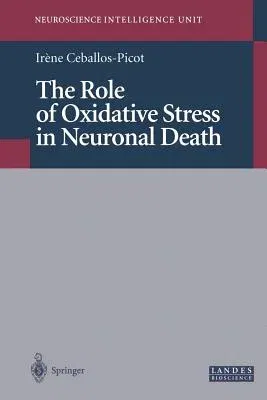Irene Ceballos-Picot
(Author)The Role of Oxidative Stress in Neuronal Death (Softcover Reprint of the Original 1st 1997)Paperback - Softcover Reprint of the Original 1st 1997, 3 October 2013

Qty
1
Turbo
Ships in 2 - 3 days
In Stock
Free Delivery
Cash on Delivery
15 Days
Free Returns
Secure Checkout
Part of Series
Neuroscience Intelligence Unit
Print Length
203 pages
Language
English
Publisher
Springer
Date Published
3 Oct 2013
ISBN-10
3662225182
ISBN-13
9783662225189
Description
Product Details
Author:
Book Edition:
Softcover Reprint of the Original 1st 1997
Book Format:
Paperback
Country of Origin:
NL
Date Published:
3 October 2013
Dimensions:
22.86 x
15.24 x
1.17 cm
ISBN-10:
3662225182
ISBN-13:
9783662225189
Language:
English
Location:
Berlin, Heidelberg
Pages:
203
Publisher:
Weight:
294.83 gm

